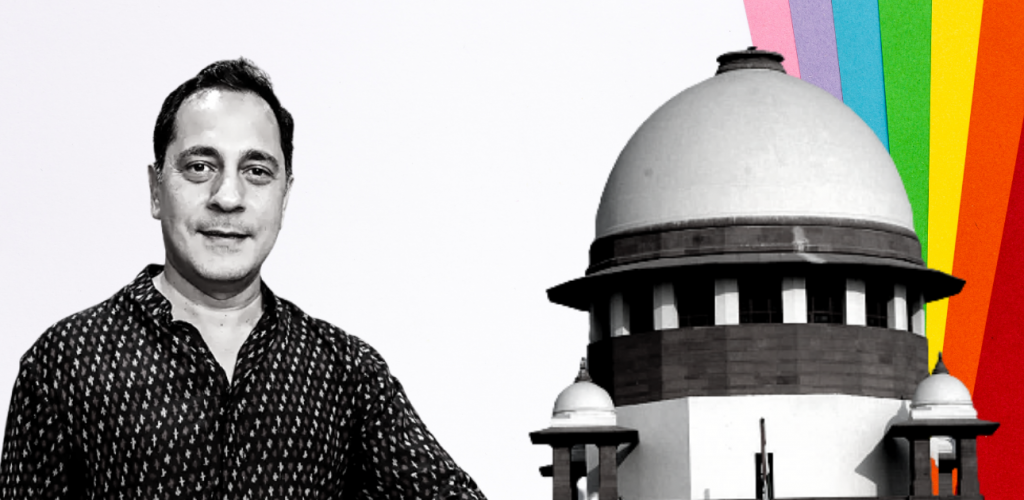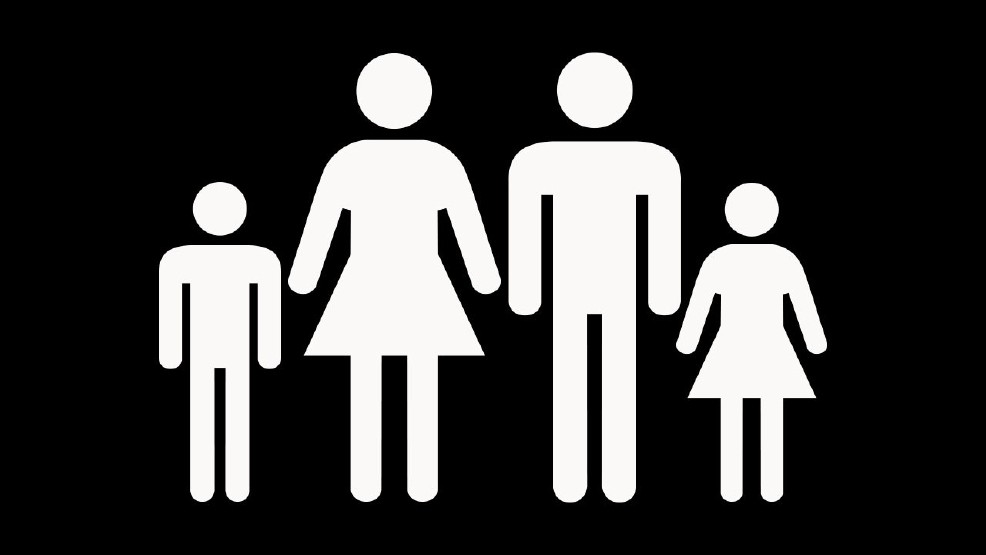In a report submitted to the parliamentary panel on personnel, public grievances, law and justice by the ministry of law and justice on 9 January 2023, it stated that, “it is the primary responsibility of the SC collegium and the HC collegiums to address the issue of social diversity and social justice in the process of appointment to the constitutional courts.”
But the government’s repeated deferrals in appointing senior advocate Saurabh Kirpal, an openly gay lawyer, as a judge at the Delhi High court in September 2018, January 2019 and April 2019 despite the recommendations from the collegium, show that even the government is not contributing much towards the cause of social diversity at the bench.
In its official statement, the supreme court collegium comprising the Chief Justice of India Dr D. Y. Chandrachud, Justice Sanjay Kishan Kaul and Justice K. M. Joseph reiterated their recommendation on 19 January. Kirpal had himself admitted in the past that his sexual orientation could be the reason for the deferrals.
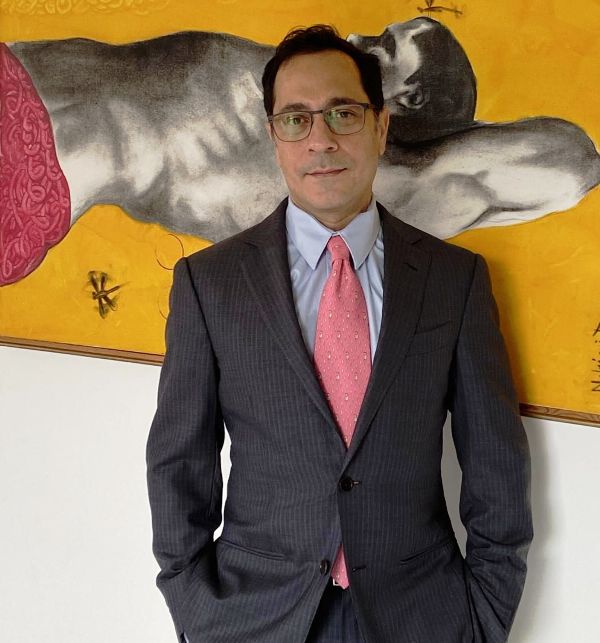
If he is elevated to the bench, he will be the first openly gay judge of India.
The reasoning advanced by the government for not appointing Kirpal reeks of unfounded biases and has no grounding in logic. The intelligence bureau had reportedly advised the government against appointing Kirpal as his partner was from another country – Switzerland. Their concern is that the person concerned would have access to sensitive information through Kirpal, which can be a potential security threat for the country. The IB failed to consider that we have had political leaders and government officials with spouses from other countries. who have held very high positions.
Also read: Many Gay Men In India Experience Body Image Issues, And We Need To Talk About It
Another reason given for not appointing Kirpal is stated to be his “ardent involvement and passionate attachment to the cause of gay rights” that is likely to make him biassed in his ruling. In a scenario where there are calls to make the judiciary more representative, this reasoning is appalling.
It is striking that in another case, concerning a queer couple, that was seeking protection from harassment by the family, justice Anand Venkatesh of the Madurai Bench of the Madras High Court decided to undergo psychological counselling to shed his prejudices against the queer community, to be able to render a more neutral and queer inclusive judgement in the matter. In such a scenario, if the government considers Kirpal’s sensitivity and awareness around queer issues to be a reason for his ineligibility to become judge, it is extremely illogical and regressive.
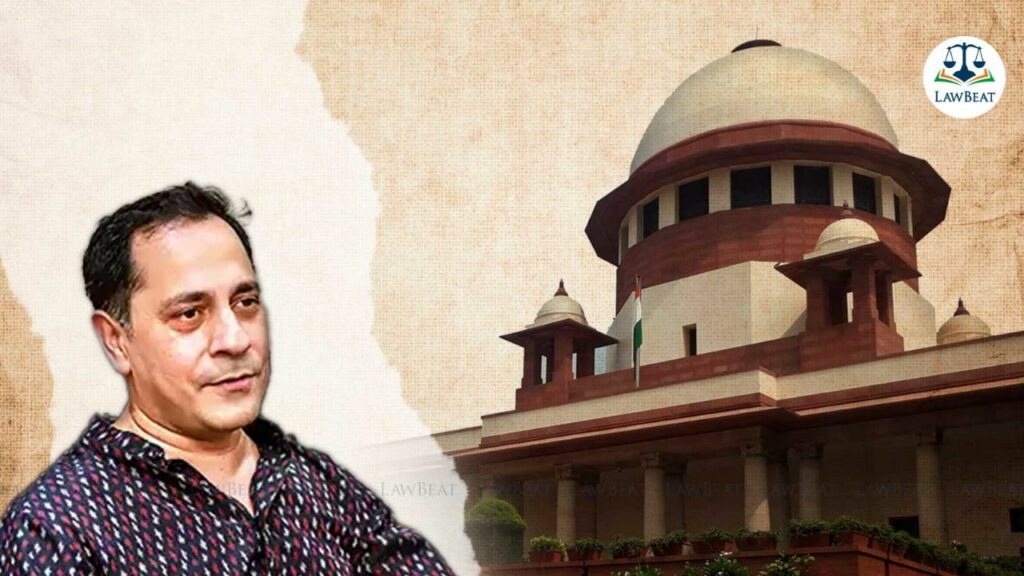
The logic of the government can be extended beyond any limits. In that case, women judges should not be appointed because they would give feminist judgements, members of the Dalit, Bahujan and Adivasi community should not be appointed because they would hand down caste sensitive judgements and disabled persons should not be appointed because they would give disability sensitive judgements.
Also read: Remembering Marsha P Johnson: The Drag Queen & Gay Liberation Activist
Having more queer representation has intrinsic value as inclusivity and equality are hallmarks of our constitution. It further has an instrumental value as queer individuals are likely to hand down queer sensitive judgements. This is necessary to ensure that a judgement like Naaz foundation wherein section 377 of IPC was upheld is never rendered again. Men are more likely to hand down patriarchal judgements, able bodied are more likely to deliver ableist judgements, religious individuals are more likely to be tilted towards a particular religion.
Likewise communist judges are likely to deliver egalitarian judgements, abolitionists are more likely to strike down death penalties, conservatives are more likely to deliver pro-government decisions. But that does not mean that their identity is considered the deciding factor while appointing them to the bench. Human beings are just machines without their identities. But law, unlike science, is a deeply subjective discipline. Adjudication is not a mere mechanical application of laws. It is an extremely humanistic discipline that governs layered and complex individuals. In the view of the same, having diverse voices on the bench makes adjudication more nuanced and inclusive.
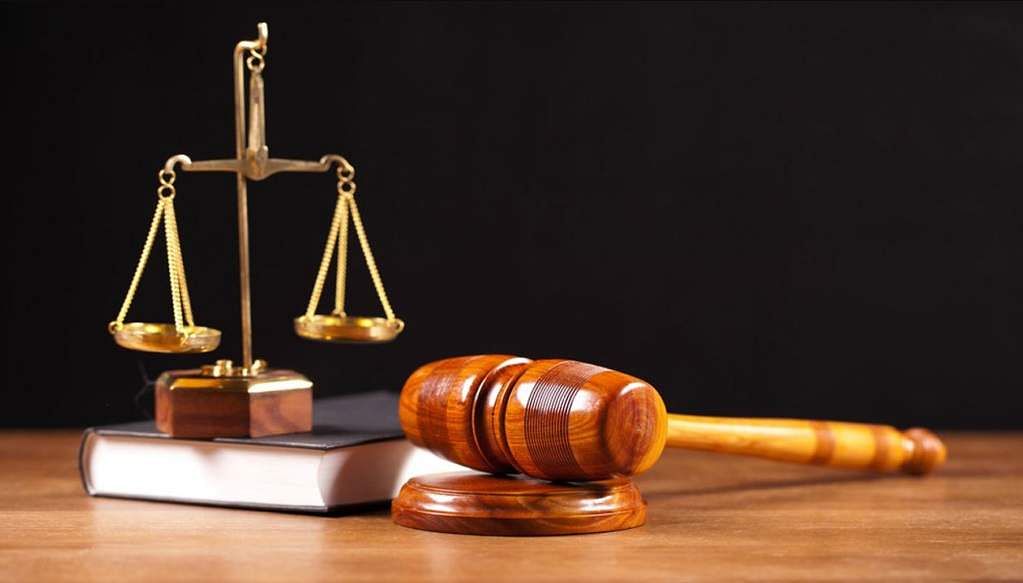
Appointment of queer individuals to the bench becomes extremely important in a day and age when our country has heteronormative personal and family laws and the legislature has little to no political will to make them queer inclusive. We are living in times where a petition for recognition of the same sex marriage is pending before the Delhi High Court and the government had opposed the petition by stating that such marriages could not be recognised as a wedlock could only happen between a biological man and woman based on the age old customs and traditions of India.
Also read: Coming Out As A Gay Man: Questioning The Fragility Of Masculinity And Manhood
Maybe in such times, a “biassed” queer judge is all we need to set things right for the queer community.
If the concerns of the law ministry about collegium’s failure to make inclusive appointments is real, the government should do some soul searching and appoint Kirpal at the earliest. Otherwise such rhetoric is nothing less than hypocrisy.
About the author(s)
Anchal is a second year student at national Law school of India University, Bangalore.
